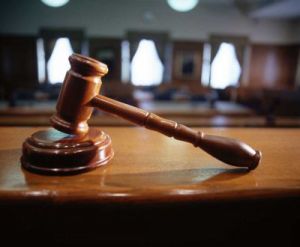 A legislation was initiated to resume the work health and safety prosecutions by solicitors and to empower jurisdiction in the Local and District Courts to conduct hearing in the Parliament on matters about Work Health and Safety.
A legislation was initiated to resume the work health and safety prosecutions by solicitors and to empower jurisdiction in the Local and District Courts to conduct hearing in the Parliament on matters about Work Health and Safety.
The Work Health and Safety Amendment Bill of 2013 or the WHS Bill has the purpose of explaining that court proceedings for WHS offences may be prosecuted through WorkCover inspectors. It is for this matter that the District Court has vested authority to conduct court hearings related to WHS prosecutions to allow court proceedings for offences done under the previous Occupational Health and Safety Act 2000 also called the OHS Act to continue. That is, if only allowable under the WHS Bill, even though that the limitation period to begin those court proceedings has already lapsed.
In the wake of the legislative challenges, the WHS Bill was introduced to the jurisdiction of the District Court to conduct hearing on WHS matters.
The first case was Inspector Brock vs. Empire Waste Pty Ltd NSWDC 38 in which it faces the hurdle to determine whether the new WHS laws were properly empowered the Court to conduct hearings endorsed under the OHS Act. The next one is Inspector Walsh vs. Built Pty Ltd 2012 NSWDC 171786 which is into whether proceedings began by process signed by a WorkCover solicitor as opposed to the investigating inspector were not legally acceptable.
These matters have been endorsed for debate before the Parliament under the NSW apellate Courts.
This is not the first time that an intervention happened to standardise prosecutions that have already started. An invalid initiating process was corrected by legislation in the high profile Gretley trial. There is no major issue with the High Court in that matter so such a challenge is made available to correspond to the WHS Bill after it is being enacted. Charges which were not valid may not be reconvened by the WHS Bill on the condition that the defence argument is correct. In simpler explanation, the WHS Bill, once enacted, will not be capable of fixing the problem.


